Top 19 Signs: How to Know If Your Relationship Is Over? 2024
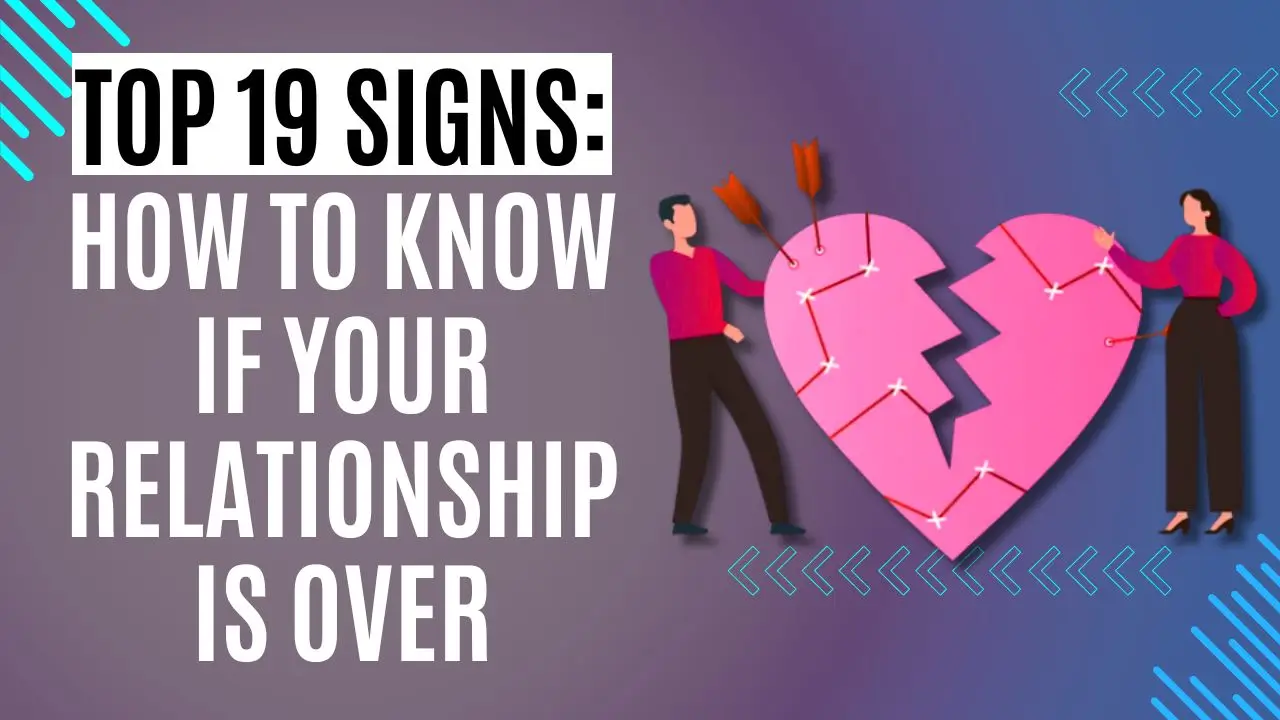
How to Know If Your Relationship Is Over: It seems like you love your partner, but you have felt that something is wrong. The spark, connection, and joy you used to feel are no longer present, and you are now wondering if your relationship is over.
However, determining whether your relationship is truly over or just going through a rough patch can be challenging, given that every relationship is unique and complex. Nonetheless, some common signs can indicate that your relationship is on the rocks or that it might be better to call it quits.
In this blog post, I will reveal some of these signs, explain how they can affect your happiness and health, and offer advice on dealing with a breakup, healing and moving on. By the end of this post, you will better understand whether your relationship is worth fighting for or if it is time to let go.
Signs that a relationship is over
Every relationship is different, and there is no definitive way to tell if a relationship is over. However, there are some common signs that may indicate that your relationship is in trouble and that you and your partner may be better off apart. Here are 20 signs that a relationship is over:
1-The trust is gone.
Trust is the foundation of any healthy relationship. If you or your partner have lied, cheated, betrayed, or broken each other’s trust, it may be hard to rebuild it. You may feel insecure, suspicious, or resentful of your partner without trust.
2-You are not being yourself.
A good relationship should allow you to be yourself and grow as a person. If you feel you must change, hide, or suppress who you are or what you want to please your partner, you may lose your sense of identity and self-worth.
3-You fight constantly
Conflict is normal and inevitable in any relationship. However, if you and your partner are always arguing, bickering, or yelling at each other without resolving your issues, it may be a sign that you are incompatible or have lost respect and patience.
you can also read about How To Deal With Insecurity In A Relationship?
4-You are not genuinely happy.
Happiness is subjective and may fluctuate depending on your mood, situation, or expectations. However, suppose you often feel unhappy, dissatisfied, or miserable in your relationship. In that case, it may be a sign that something is wrong and your relationship is not fulfilling your needs or desires.
5-You avoid spending time alone together.
Spending quality time together is one of the ways to maintain and strengthen your bond with your partner. Suppose you or your partner are always busy, distracted, or making excuses to avoid spending time alone together. In that case, it may signify that you have lost interest, attraction, or affection for each other.
6-You have been unfaithful.
Infidelity is one of the most common and devastating reasons for a relationship to end. If you or your partner have cheated or have been tempted to cheat, it may be a sign that you are unhappy, unsatisfied, or uncommitted in your relationship and that you are looking for something or someone else.
Don’t forget to learn more about Treatment Of Delusion
7-Lack of emotional connection
Emotional connection is the closeness, intimacy, and understanding you share with your partner. If you or your partner feel emotionally distant, detached, or indifferent towards each other, it may be a sign that you have lost your connection and no longer care for or support each other.
You can Also Read About Role Of Media In Shaping Masculinity
9-No one supports your relationship.
The opinions of your family and friends may not be the most important factor in your relationship, but they can influence your happiness and well-being. If no one supports your relationship, or if everyone warns you about your partner, it may be a sign that your relationship is unhealthy, toxic, or abusive and that you are better off without your partner.
10-Communication breakdown
Communication is the key to any successful relationship. Suppose you or your partner have stopped communicating or need better communication skills. In that case, it may be a sign that you have lost your understanding, empathy, or respect for each other and cannot resolve your conflicts or meet your expectations.

11-How to Know If Your Relationship Is Over: Everything they do bothers you.
In a healthy relationship, you should be able to tolerate, accept, or appreciate your partner’s quirks, habits, or flaws. Suppose everything they do bothers, annoys or irritates you. In that case, it may be a sign that you have lost your patience, tolerance, or love for your partner and are focusing on your relationship’s negative aspects.
Don’t forget to read more about What Is Female Delusion?
12-Feeling devalued
In a healthy relationship, you should feel valued, appreciated, and respected by your partner. If you feel devalued, ignored, or taken for granted by your partner, it may be a sign that you have lost your confidence, self-esteem, or dignity in your relationship and that your partner is not treating you well or meeting your needs.
13-Someone else seems more appealing.
It is normal to have occasional crushes, fantasies, or attractions for other people, even when you are in a relationship. However, someone else seems more appealing, attractive, or compatible than your partner. In that case, it may be a sign that you are unhappy, bored, or dissatisfied in your relationship and looking for a way out or a replacement.
You can also read about Effects Of Male Delusion
14-How to Know If Your Relationship Is Over : The relationship feels hopeless.
Hope is the belief that things will improve and that you and your partner can overcome your challenges and achieve your goals. Suppose you feel hopeless, pessimistic, or cynical about your relationship. In that case, it may be a sign that you have lost faith, optimism, or motivation in your relationship and that you see no future or potential with your partner.
15-Their presence drains you.
In a healthy relationship, your partner’s presence energizes, inspires, and uplifts you. If their presence drains, exhausts, or depresses you, it may be a sign that you have lost your joy, enthusiasm, or happiness in your relationship and that your partner is not adding value or meaning to your life.
You can also read about The Hidden Struggle With Toxic Masculinity
16-You avoid each other.
In a healthy relationship, you should enjoy, seek, and cherish your partner’s company. If you avoid, ignore, or dread each other’s company, it may be a sign that you have lost your connection, interest, or affection for each other and prefer to be alone or with someone else.
17-You feel disrespected
Respect is recognizing and appreciating your partner’s worth, feelings, and opinions. Suppose you feel disrespected, insulted, or humiliated by your partner. In that case, it may be a sign that you have lost your dignity, integrity, or honor in your relationship and that your partner is not treating you well or valuing your contribution.
Don’t forget to learn more about What Is Man Delusion?
18-You miss being single.
Being in a relationship should not mean giving up your freedom, independence, or identity. However, if you miss being single or feeling trapped, restricted, or suffocated in your relationship, it may be a sign that you have lost your autonomy, individuality, or happiness and want to reclaim your life or explore other options.
19-You see a need for more effort.
The effort demonstrates your commitment, care, and willingness to make your relationship work. If you see a lack of effort, or if you feel like you are the only one making an effort, it may be a sign that you have lost your balance, harmony, or reciprocity in your relationship and that your partner is not invested, interested, or involved in your relationship.
20-Your partner is abusive.
Abuse is the intentional and repeated use of physical, emotional, verbal, or violence, manipulation, or control over your partner. If your partner is abusive, or if you feel unsafe, scared, or threatened by your partner, it is a clear and urgent sign that your relationship is over and that you need to get out as soon as possible.
How to accept the end of a relationship
Accepting the end of a relationship can be tough. You might experience a mix of emotions like denial, anger, sadness, guilt, or fear. But it’s also a chance to heal and grow. Here’s how:
By following these steps and seeking additional support as needed, you can come to terms with the end of your relationship and move forward positively
Everyday habits you need to stop to save your relationship
Paying attention to your everyday habits is important if you want a happy and healthy relationship. Here are some habits that could either improve or damage your relationship:
Ignoring Your Partner
Ignoring your partner can make them feel unappreciated and disconnected. To prevent this, take time to show appreciation and affection. Listen to and compliment and surprise them to make them feel valued.
Criticizing Your Partner
Criticizing your partner can make them feel defensive and resentful. Instead of nagging, be supportive and respectful. Focus on their strengths and use “I” statements to express your feelings constructively.
Don’t forget to learn more about What Are The Stages Of Delusion?
Avoiding Your Partner
Avoiding your partner can make them feel neglected and unloved. Try to spend quality time together and share your thoughts and feelings. Initiate contact and affection to demonstrate your commitment.
Lying to Your Partner
Lying to your partner can erode trust and damage your relationship. Be honest and transparent to build trust. Admit your mistakes, apologize sincerely, and make amends if you’ve breached trust in the past.
Comparing Your Partner
Comparing your partner to others can make them feel insecure and unappreciated. Appreciate your partner and your unique relationship. Avoid comparing your relationship to others, celebrate each other’s achievements, and support each other’s growth—use contact and affection to demonstrate your commitment.
Lying to Your Partner
Lying to your partner can erode trust and damage your relationship. Be honest and transparent to build trust. Admit your mistakes, apologize sincerely, and make amends if you’ve breached trust in the past.
Comparing Your Partner
Comparing your partner to others can make them feel insecure and unappreciated. Appreciate your partner and your unique relationship. Avoid comparing your relationship to others, celebrate each other’s achievements, and support each other’s growth.
Don’t forget to learn more about Understanding Delusion And Blunder 4umi With Example
The 5 Stages of a Dying Relationship
| Stage | Description |
| Denial | Refusal to accept reality, making excuses or rationalizing issues in the relationship. |
| Anger | Feeling frustrated, blaming, or accusing partner or oneself for the relationship’s failure. |
| Bargaining | Attempting to save the relationship through compromises, promises, or seeking help from others. |
| Depression | Feeling sad, hopeless, or withdrawn, experiencing symptoms like low mood or insomnia. |
| Acceptance | Acknowledging the relationship’s end, feeling calm or relieved, and embracing new opportunities. |
FAQs About How to Know If Your Relationship Is Over
How do you know when it’s time to end a relationship?
Knowing when to end a relationship can be complex. Still, indicators may include consistent unhappiness, failed attempts at resolution, irreconcilable differences, loss of love or trust, abuse, attraction to someone else, or staying out of fear, guilt, or obligation.
When should you let go of a relationship?
Letting go becomes necessary when the relationship no longer serves either party’s well-being, lacks happiness, compatibility, and commitment, and when you’re ready to heal, grow, and move on.
How do I know if my relationship will last?
While predicting relationship longevity is challenging, positive signs may include consistent happiness, strong communication, shared values, mutual support, overcoming challenges, and a vision for the future.
What is the end of a relationship like?
Experiences at the end of a relationship vary widely, but common emotions include shock, anger, sadness, guilt, fear, relief, and hope. The process depends on relationship dynamics, breakup circumstances, and personal resilience.
Final Words About How to Know If Your Relationship Is Over
Recognizing when a relationship is ending is important for emotional health. Red flags include lack of trust, frequent arguments, or feeling undervalued. It’s crucial to acknowledge your feelings and get help if you need it.
Whether you need to move on or work on the relationship, knowing these signs helps you make informed choices about your future. Remember, every relationship is different, and focusing on your happiness and growth is essential.


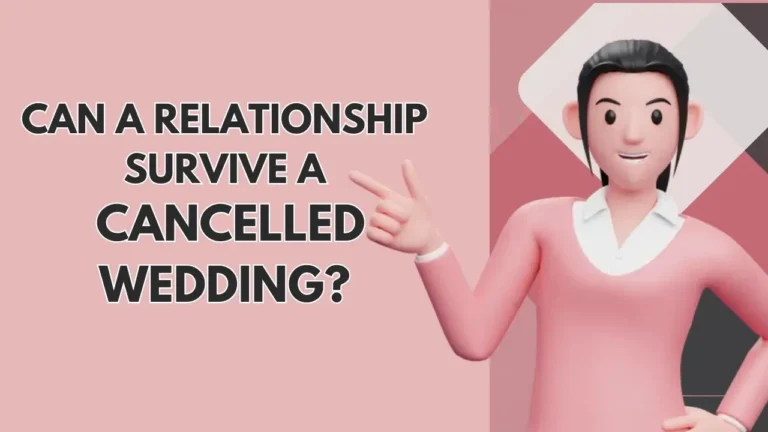
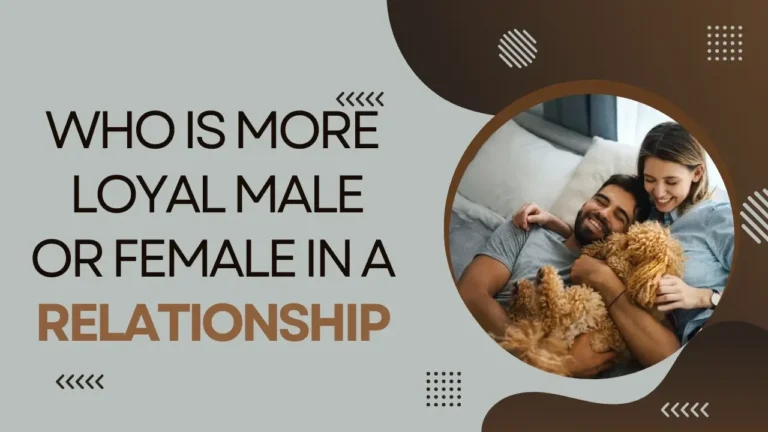
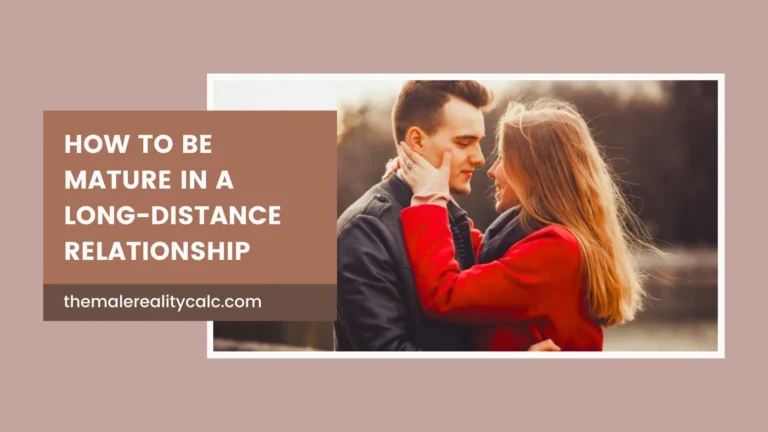
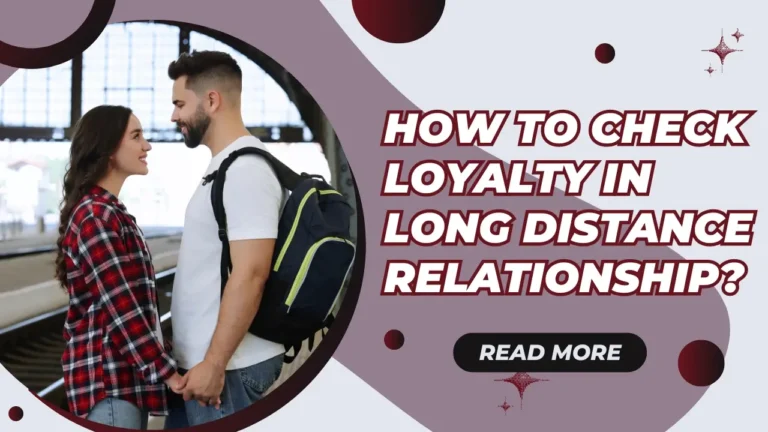
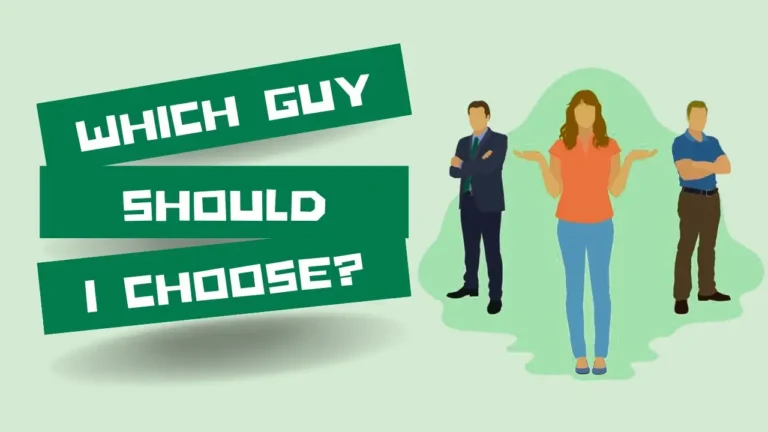
2 Comments